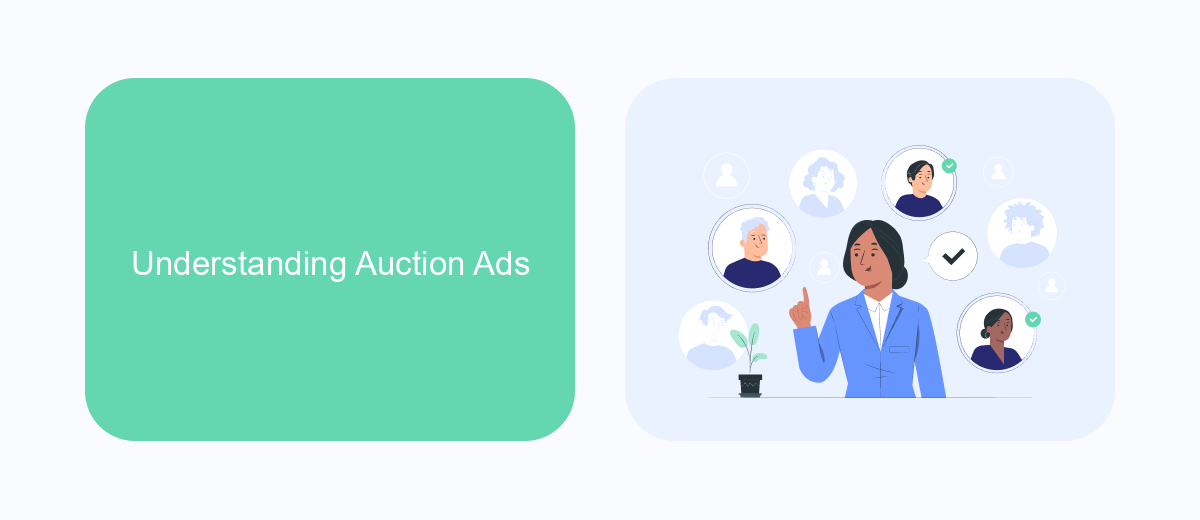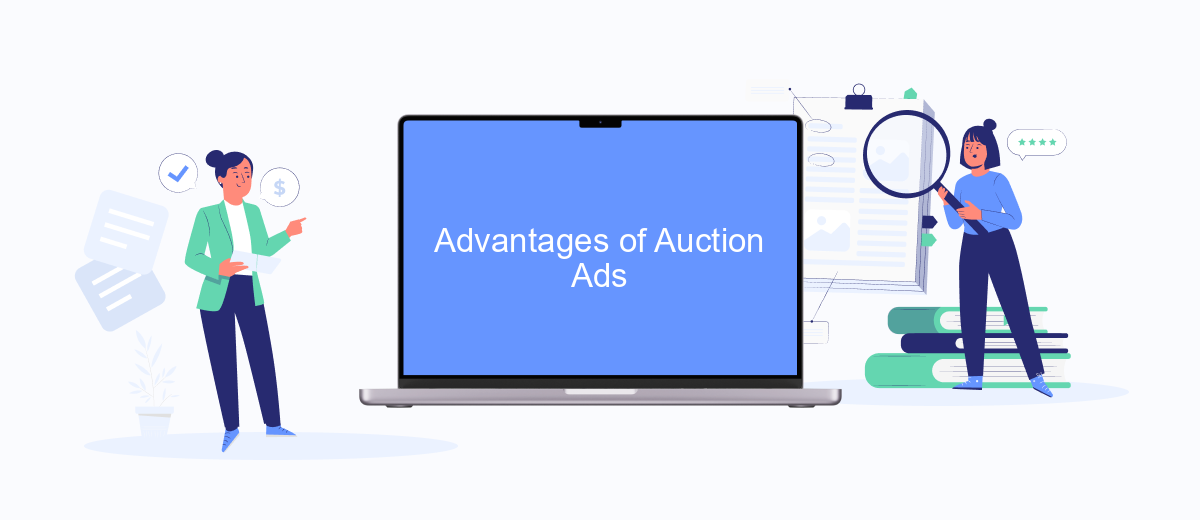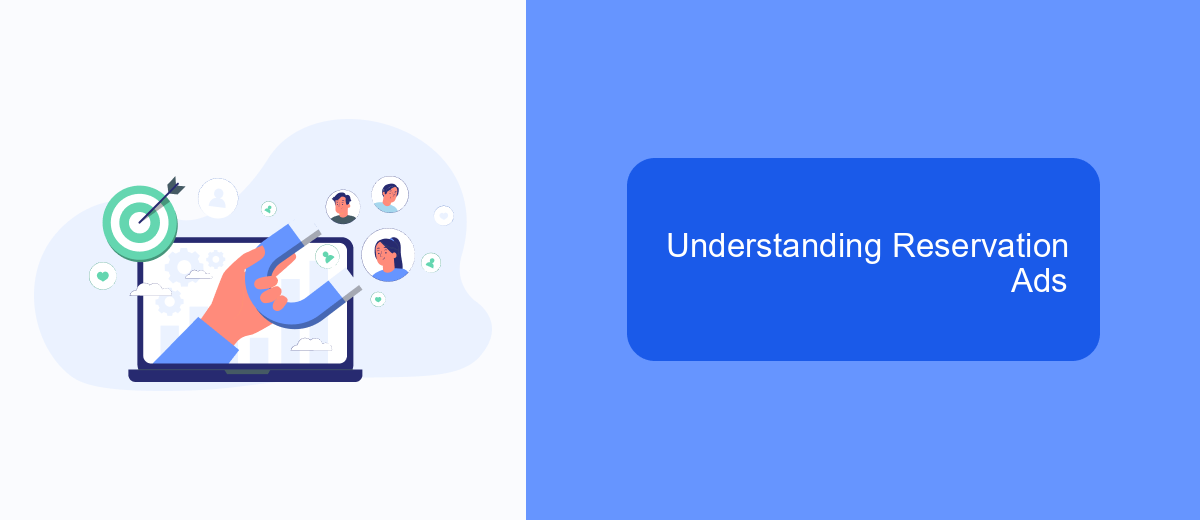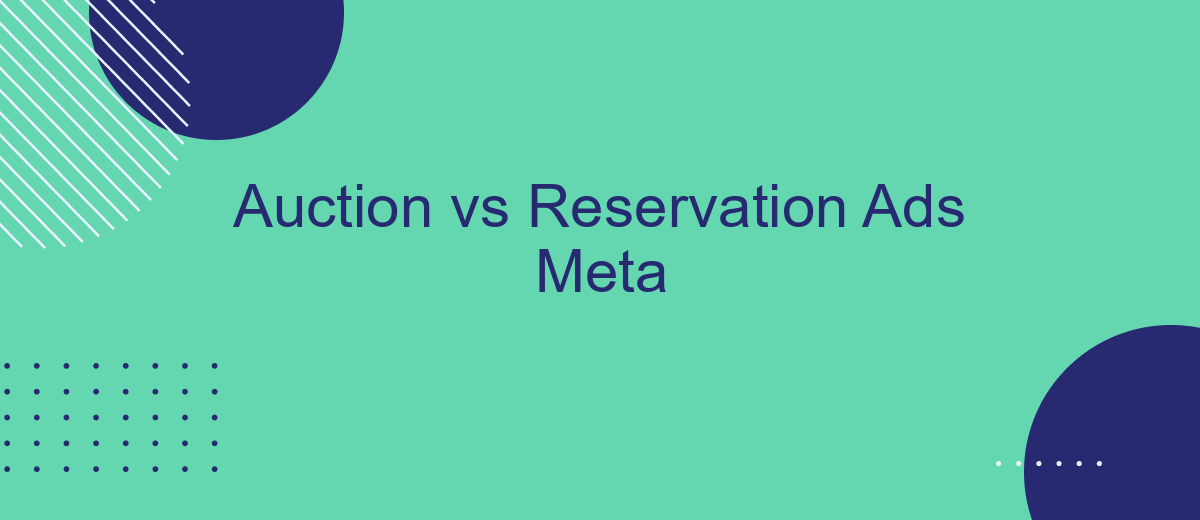In the dynamic world of digital advertising, choosing the right strategy can significantly impact a campaign's success. Two prominent methods on Meta platforms are auction and reservation ads. Auction ads offer flexibility and cost-efficiency, allowing advertisers to bid for impressions in real-time. In contrast, reservation ads provide predictability and guaranteed placements. This article explores the advantages and considerations of each approach to help advertisers make informed decisions.
Auction Ads vs Reservation Ads
In the digital advertising landscape, businesses often face a choice between auction ads and reservation ads. Auction ads operate on a bidding system where advertisers compete for ad placements in real-time. This model is dynamic, allowing advertisers to adjust their bids based on performance and budget constraints. It provides flexibility and can be cost-effective, especially when targeting specific audiences or testing new markets.
- Flexibility: Auction ads allow for real-time adjustments and budget control.
- Cost-Effectiveness: Potentially lower costs through competitive bidding.
- Audience Targeting: Enhanced precision in reaching specific demographics.
On the other hand, reservation ads involve purchasing ad space in advance at a fixed rate. This model guarantees placement, making it ideal for high-traffic periods or major campaigns where visibility is crucial. While reservation ads offer stability and predictability, they lack the flexibility of auction ads and may require a larger upfront investment. Choosing between these two models depends on a company’s strategic goals, budget, and the need for either flexibility or guaranteed exposure.
Understanding Auction Ads

Auction ads are a dynamic and competitive method of advertising where advertisers bid for ad placements in real-time. This model is primarily used on platforms like Meta, where ad space is limited and demand fluctuates. The auction process determines which ads are shown to users based on a combination of bid price, ad quality, and user relevance. Advertisers set a maximum bid for their desired audience, and the system uses this information to rank ads. The highest bidder doesn't always win; instead, the platform considers the overall value an ad provides to the user experience, which includes factors like engagement potential and past performance.
Understanding the intricacies of auction ads is crucial for advertisers aiming to optimize their campaigns. Tools like SaveMyLeads can be instrumental in this process by automating data integration and providing real-time insights. By connecting various data sources, SaveMyLeads allows advertisers to streamline their ad management and make informed decisions quickly. This can lead to more effective bidding strategies and ultimately, better ad performance. Leveraging such integrations can help advertisers stay competitive in the fast-paced environment of auction-based advertising.
Advantages of Auction Ads

Auction ads offer a dynamic and flexible advertising approach, allowing advertisers to compete for ad placements in real-time. This model is particularly advantageous for businesses looking to maximize their reach and efficiency in a competitive digital landscape. By participating in auctions, advertisers can strategically bid based on their budget and campaign goals, ensuring their ads are shown to the most relevant audience.
- Cost-Efficiency: Advertisers only pay when a user engages with the ad, making it a cost-effective option.
- Real-Time Bidding: Auction ads allow for immediate adjustments to bids, enabling advertisers to respond quickly to market changes.
- Audience Targeting: The auction model leverages data to target specific demographics, enhancing ad relevance and engagement.
Overall, auction ads provide a competitive edge by aligning ad spend with performance metrics, ensuring that advertisers achieve the best possible return on investment. This model's adaptability and precision targeting capabilities make it an ideal choice for businesses aiming to optimize their advertising strategies in a fast-paced digital environment.
Understanding Reservation Ads

Reservation ads are a type of advertising where space is purchased in advance, typically at a fixed rate, allowing advertisers to secure premium placements on platforms. Unlike auction-based ads, reservation ads guarantee visibility and placement, making them an attractive option for businesses seeking to reach a specific audience with certainty. This method is often used for high-profile campaigns where timing and placement are crucial.
One of the main advantages of reservation ads is their predictability. Advertisers can plan their campaigns with a clear understanding of costs and expected outcomes, minimizing the risk of fluctuating ad prices. This is particularly beneficial for large-scale campaigns or events that require precise scheduling and delivery.
- Guaranteed placement and visibility
- Fixed pricing model
- Ideal for high-profile campaigns
- Predictable budgeting and planning
Despite their benefits, reservation ads may not suit every advertising strategy. They often require a more significant upfront investment and may lack the flexibility of auction-based ads, which can be adjusted in real-time based on performance. However, for brands looking to make a substantial impact with assured placement, reservation ads offer a reliable solution.
- Automate the work with leads from the Facebook advertising account
- Empower with integrations and instant transfer of leads
- Don't spend money on developers or integrators
- Save time by automating routine tasks
Advantages of Reservation Ads
Reservation ads offer advertisers a significant advantage in terms of predictability and control over their campaigns. By securing ad placements in advance, businesses can ensure that their advertisements appear in specific slots, at predetermined times, and within certain contexts. This allows for more strategic planning and the ability to align ad campaigns with key business events or product launches. Additionally, reservation ads often come with fixed pricing, which helps advertisers manage their budgets more effectively by avoiding the fluctuations and uncertainties associated with auction-based models.
Another key advantage of reservation ads is the ability to integrate seamlessly with marketing automation tools and platforms. For instance, using services like SaveMyLeads, businesses can automate the process of collecting and managing leads generated from reservation ads. This integration allows for a more streamlined workflow, ensuring that leads are promptly followed up on and converted into customers. Moreover, the stability and predictability of reservation ads make them ideal for long-term brand building, providing consistent visibility and engagement with target audiences.
FAQ
What is the main difference between Auction Ads and Reservation Ads on Meta?
When should I choose Reservation Ads over Auction Ads?
Can I use automation tools to manage my Auction Ads on Meta?
How does budget allocation differ between Auction Ads and Reservation Ads?
What targeting options are available for Auction Ads compared to Reservation Ads?
What do you do with the data you get from Facebook lead forms? Do you send them to the manager, add them to mailing services, transfer them to the CRM system, use them to implement feedback? Automate all of these processes with the SaveMyLeads online connector. Create integrations so that new Facebook leads are automatically transferred to instant messengers, mailing services, task managers and other tools. Save yourself and your company's employees from routine work.

